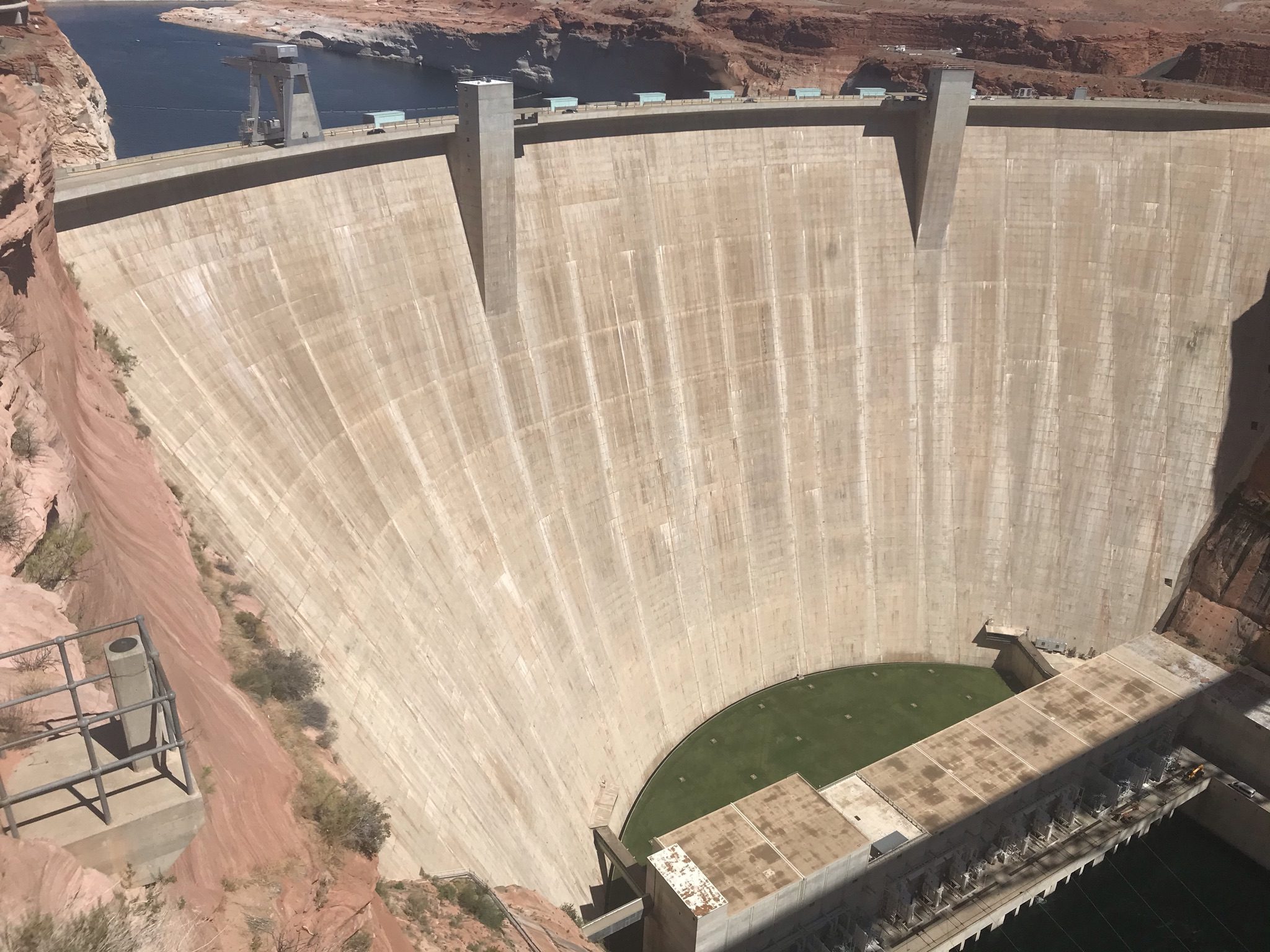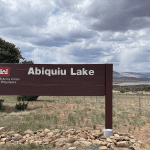- Arizona Senators Kelly and Gallego call for reversing a funding freeze.
- Delayed funding could harm conservation projects and infrastructure.
- The freeze affects agreements protecting Lake Mead and the Colorado River.
- Senators urge the administration to follow Congress’s funding intent.
February 14, 2025 — Arizona Senators Mark Kelly and Ruben Gallego are pushing back against a funding freeze that could jeopardize critical conservation efforts along the Colorado River. In a letter dated February 11, 2025 , addressed to Interior Secretary Douglass Burgum and Bureau of Reclamation Acting Commissioner David Palumbo, the senators urged the Trump administration to release funding necessary for infrastructure projects and agreements designed to keep water in Lake Mead.
, addressed to Interior Secretary Douglass Burgum and Bureau of Reclamation Acting Commissioner David Palumbo, the senators urged the Trump administration to release funding necessary for infrastructure projects and agreements designed to keep water in Lake Mead.
The Colorado River, a lifeline for millions in the Southwest, is facing prolonged drought conditions, and below-average snowpack this winter has only increased concerns. “The Colorado River is in the midst of a historic drought, and our constituents are working on solutions to keep the river flowing,” the senators wrote . “This means making sure projects receive support and funding.”
. “This means making sure projects receive support and funding.”
Impact on Conservation Efforts.
The funding freeze affects the Lower Basin Conservation and Efficiency Program, which plays a key role in managing water usage and preventing further depletion of the river. According to Kelly and Gallego, halting financial support for these initiatives could disrupt conservation efforts, as essential infrastructure must be put in place now to ensure future water savings.
The senators also highlighted another critical consequence: “For example, repairs at Glen Canyon Dam will be delayed by the freezing of Bipartisan Infrastructure Law funding sources.” The dam, a major control point for water distribution, requires maintenance to continue serving its function effectively.
Consequences for Water Agreements.
Water management in the Colorado River Basin depends on cooperation between irrigation districts, municipalities, and tribal governments. Kelly and Gallego warned that freezing funds for these agreements “could undo the collaboration and careful planning needed to keep the Colorado River flowing in years to come.”
Beyond conservation setbacks, the uncertainty of payments could create instability for water projects, leading to potential failures of businesses and initiatives that depend on federal support. “Payment uncertainty can have significant negative effects on project implementation and lead to projects and companies collapsing,” the letter stated.
Senators Urge Compliance with Congressional Intent.
The senators concluded by calling on the administration to uphold the funding as Congress intended. They stressed the importance of continued investment in water conservation, infrastructure, and management to ensure the long-term sustainability of the Colorado River.
As climate challenges persist and water security becomes increasingly critical, the debate over funding conservation efforts remains a pressing issue . Whether the administration will act on the senators’ request remains to be seen, but the outcome will have lasting effects on the future of the Colorado River and the communities that rely on it.
. Whether the administration will act on the senators’ request remains to be seen, but the outcome will have lasting effects on the future of the Colorado River and the communities that rely on it.





Leave a Reply